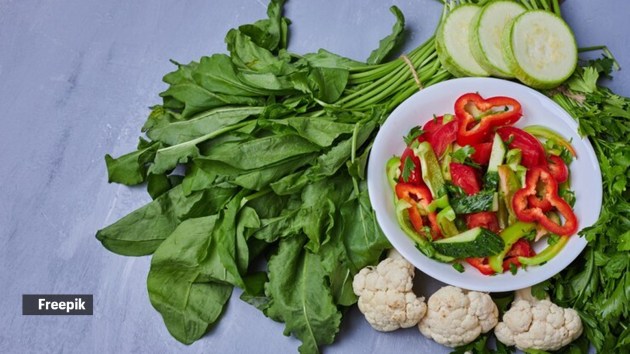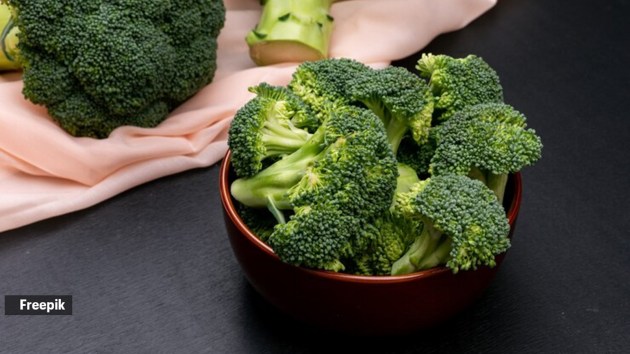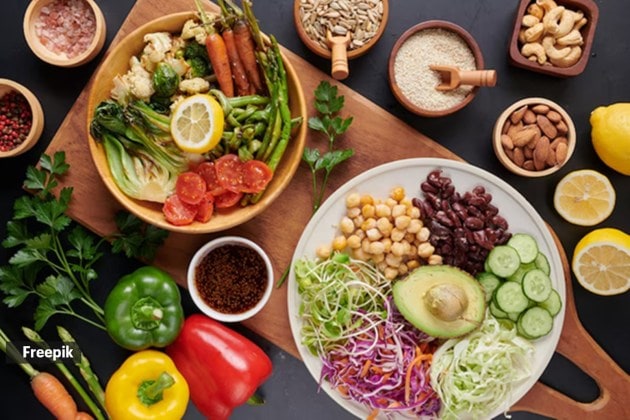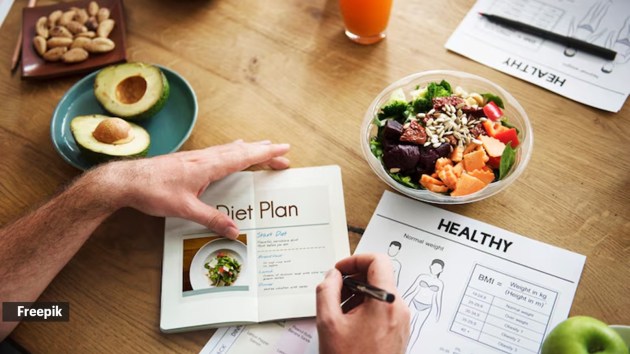Struggling with a sensitive stomach? It’s time to switch from cruciferous to water based vegetables
Consider swapping hard-to-digest cruciferous vegetables for gentler, water-based options to ease discomfort and improve digestion.
May 17, 2025 11:04 IST 1 / 7
1 / 7If you're constantly battling bloating, indigestion, or a sensitive stomach, your vegetable choices and gut-friendly foods could be playing a bigger role than you think. (Source: Freepik)
 2 / 7
2 / 7While many consider cruciferous vegetables like broccoli, cauliflower, and cabbage to be health superstars, they’re not always gentle on the gut. (Source: Freepik)
 3 / 7
3 / 7According to Umang Malhotra, clinical dietitian at Fitelo, cruciferous vegetables are rich in fiber and sulphur-containing compounds like glucosinolates. "While these nutrients offer anti-cancer and detoxifying benefits, they also tend to ferment in the gut—especially for people with slower digestion or existing gut sensitivities," he said. (Source: Freepik)
 4 / 7
4 / 7People with IBS or sluggish digestion often find these vegetables hard to tolerate in large quantities, particularly when eaten raw. Steaming may reduce some of the effects, but switching to gentler, water-rich vegetables can be an easier path to digestive comfort. (Source: Freepik)
 5 / 7
5 / 7Why should you switch to water-based vegetables? Water-based vegetables are those that have high water content and are easier to digest due to their low fiber and low FODMAP profile. They are soothing, hydrating, and less likely to cause fermentation or gas in the intestines. (Source: Freepik)
 6 / 7
6 / 7They include cucumber, bottle gourd (lauki), zucchini, ash gourd (petha), Rrdge gourd (tori), and pumpkin (kaddu)(Source: Freepik)
 7 / 7
7 / 7These vegetables help calm inflammation, hydrate the digestive tract, and support smooth bowel movements—especially beneficial in summers and for those with sensitive digestion. (Source: Freepik)











